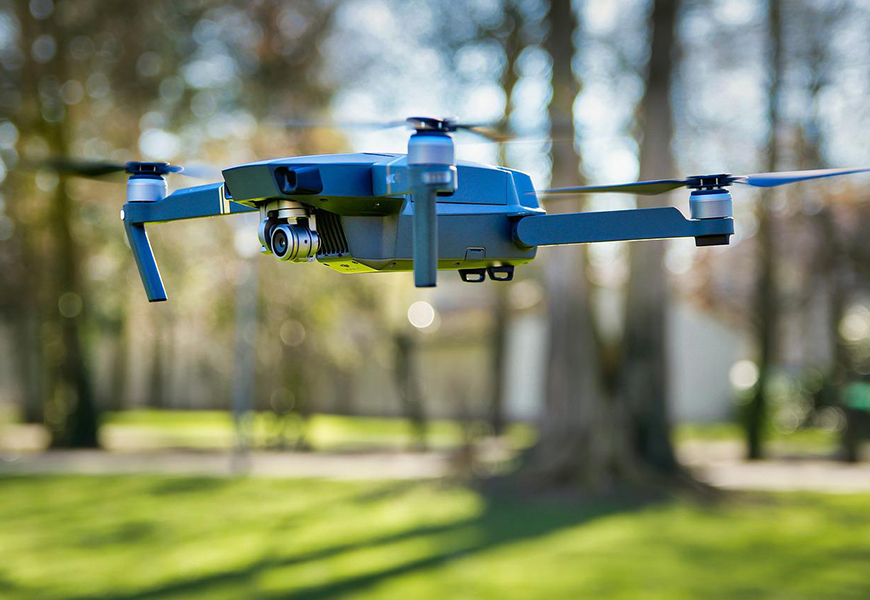Discover the Drone Revolution at Virginia Tech

Drones serve far more than recreational purposes; this technology has powerful commercial potential. It has made advancements in agriculture, construction, and even disaster management. The drone revolution at Virginia Tech (VT) has shaped the future of unmanned aviation.
This research institution successfully tested a drone delivery service with Wing, a subsidiary of Google’s parent company, Alphabet. Wing launched the service in Christiansburg, VA, in 2020. The intention was to help residents and businesses get their goods faster with contact-free delivery. Moreover, customers had positive responses to the service, which prompted the university to explore possibilities in drone technology.
Unparalleled Drone Revolution at Virginia Tech
The FAA approved the VT Mid-Atlantic Aviation Partnership (MAAP) ‘s Means Of Compliance (MOC) in operating small uncrewed aircraft over people. Working with biomechanics researchers, the MAAP measured the kinetic energy transferred from a drone to an object during impact. The results conformed to FAA rules that drones can fly over people if the injury potential is low. However, there are still limits to flying drones over large crowds.
Waiver for Drone Operations Over People
As a reward for their hard work, the MAAP earned the first waiver for drone operations over people and certification for drone air carriers. With these, they don’t have to ask the FAA to issue safety permits for every drone operation. The waiver also decreases commercial risks for drone manufacturers and provides better opportunities for drone operators.
Drones for Safety Checks
VT Researchers also studied the possibility of drones detecting radioactive materials. They tested the drone’s capacity to identify hazardous substances that can compromise driver and passenger safety.
Drones for Healthcare Assistance
VT students also worked in Malawi, a country in Africa with complex transportation and communication issues. They performed test flights on economic drones that carried medical samples from remote areas to the cities. They later found that the plane landed autonomously at the airport.
Future Capabilities
MAAP is continually working with the FAA to expand the capabilities of flying drones. Once researchers gather more data and FAA regulations are in place, drones could carry heavy loads and even people. Apart from this, it could also pave the way for various industrial and commercial applications.
It’s incredible what drones can do when applied to challenging circumstances. The drone revolution in Virginia Tech is just the beginning. Researchers from across the world are developing the technology.
New River Valley Homes
Are you considering buying or selling a home in the New River Valley area? We’d love to help you! Please click here for our contact page, and we’ll reach out to you promptly.
Would you like to see more great info from NRV Homes? Please click here for our blog page.
Thanks for visiting!



